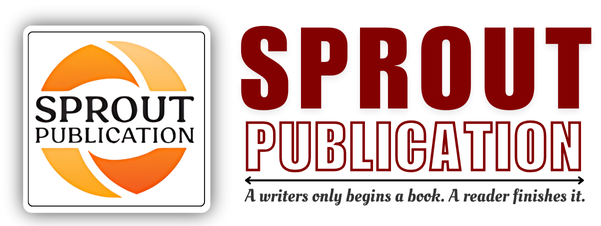Chapter 11: Biological Tests and Assays
Chapter 11: Biological Tests and Assays
Author: Dr. Surya Prakash Gupta
Volume: 01
First Online: 31 August 2024
Pages: 213-242
DOI:
Abstract
Biological tests and assays are critical in evaluating the safety, efficacy, and quality of vaccines, ensuring that they meet regulatory standards and provide protection against diseases. Adsorbed tetanus vaccines are a key example. The principle of testing these vaccines involves assessing their potency and ensuring they induce an appropriate immune response. The assay typically used is the toxin-neutralization test, where the vaccine’s ability to neutralize tetanus toxin is measured. This assay helps confirm that the vaccine contains sufficient amounts of the tetanus toxoid to elicit protective immunity. The advantages of adsorbed tetanus vaccines include improved stability and prolonged effectiveness due to the adsorption of the toxoid onto an adjuvant, which enhances the immune response. These vaccines are used to prevent tetanus, a serious bacterial infection caused by Clostridium tetani, and are often administered as part of combination vaccines that protect against multiple diseases. Similarly, adsorbed diphtheria vaccines are tested using biological assays to ensure their potency and safety. The principle behind the testing involves evaluating the vaccine’s ability to neutralize diphtheria toxin, which is typically assessed using an in vivo test in animals or an in vitro assay. The advantages of adsorbed diphtheria vaccines include their improved stability and efficacy due to the adsorption process, which enhances the immune response to the diphtheria toxoid. These vaccines are essential for preventing diphtheria, a potentially life-threatening bacterial infection caused by Corynebacterium diphtheriae. The use of adsorbed diphtheria vaccines is crucial in combination vaccines that provide protection against multiple pathogens. Human antihaemophilic vaccines, used for the treatment and prevention of hemophilia, are also subject to rigorous biological testing. These vaccines, which contain clotting factors to aid in blood clotting for individuals with hemophilia, are tested for potency, safety, and purity. The principle of testing involves assessing Chapter 11: Biological Tests and Assays 214 the efficacy of the clotting factors in restoring normal blood clotting functions. Assays used may include specific activity tests and functional assays to measure the effectiveness of the clotting factors. The advantages of these vaccines include their ability to significantly improve the quality of life for individuals with hemophilia by reducing bleeding episodes and complications. They are critical in managing hemophilia and ensuring proper blood clotting.
Keywords: Biological tests, Assays, Vaccine safety, Vaccine efficacy, Vaccine quality, Regulatory standards

